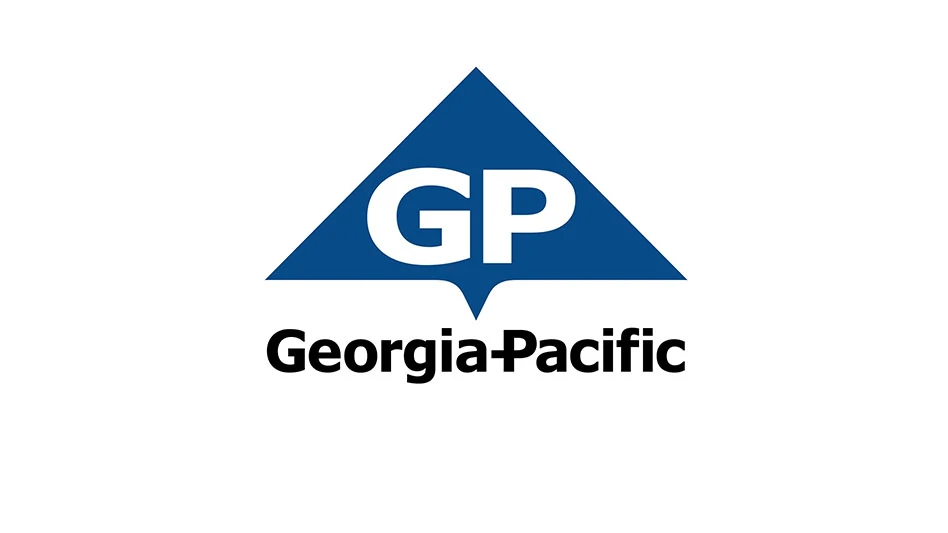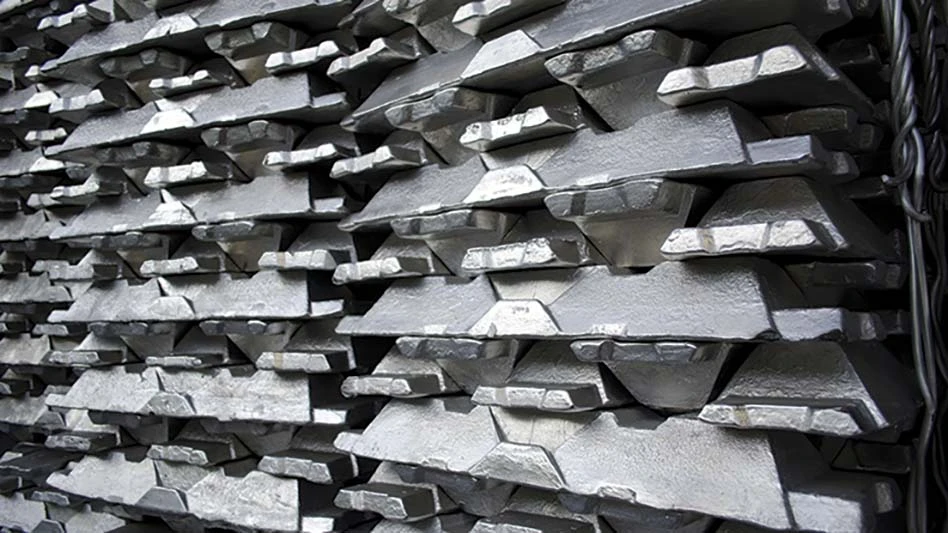Talk about miscommunication. A luxury liner’s radio operators get repeated ice warnings from ships hundreds of miles to their west. They pass them on to the captain several hours later after first handling passengers’ personal messages. The captain reads the ice warning messages, but doesn’t appreciate their significance. Consequently, he neglects to fully inform officers on the bridge. Late that night . . . Well, you know the rest of the story.
Failure to communicate at sea can mean the difference between life and death. Although less dire, in the paper recycling markets communication failures can mean the difference between being profitable or going bankrupt. Or, whether or not a business relationship between a supplier and consumer thrives or withers.
Fortunately, those Recycling Today spoke to recognize the importance of communication to their paper recycling operations and report excellent communications between suppliers and consumers.
"Paper is a very tough market," says Shelly E. Padnos, executive vice president, Louis Padnos Iron and Metal Co., Holland, Mich., and president of the Institute of Scrap Recycling Industries. "Some months we sell paper to mills for the same price my grandfather did years ago."
Padnos emphasizes, however, that one of the hallmarks of the paper business is the relations her company enjoys with the mills. She characterizes these relationships as the ones that will endure the test of time and "stand the bumps in the road."
"The mills will stand by a contract in good times and bad, as will we the suppliers," says Padnos.
"Communication is an important component between suppliers, such as materials recycling facilities (MRFs), and mills," says Nat Egosi, president of RRT Design and Construction, Melville, N.Y.
This sentiment is shared by John Ockenfels, president, City Carton Co., Iowa City, Iowa. "Our relationships with mills is key," say Ockenfels. "And, it works both ways."
Universal Truths
Just as the importance of good communication between suppliers and consumers is viewed as a near universal truth within the paper recycling community so too is the belief that communication is a process that must be worked for success to be achieved.
Peter Grogan, manager market development for Weyerhaeuser, Federal Way, Wash., point out how the company works with suppliers to ensure the paper they ship to mills is of the right quality. It might mean communicating with a supplier that a certain grade of paper is needed in the first place, explains Grogan. Second is making sure that the paper meets certain levels of quality and is free of contaminants. This entails breaking open sample bales, says Grogan, in order to "get a level of confidence with what the supplier is sending to you."
Grogan offers the example of a mill partly owned by Weyerhaeuser. The mill was supplying newsprint sheet to U.S. and Japanese markets. The Japanese were driving the quality demands, which were the highest in the world, for this particular grade of paper.
"We had to spend a lot of quality time with our supply base – MRF operators, the supplier, and brokers – so they would understand the mill’s requirements," says Grogan.
The communication process included face-to-face meetings, on-site visits to MRFs and examining of sample bales. The net result of this process was Weyerhaeuser "developed very solid partnerships" with its supplier, explains Grogan. He adds it’s a win-win for all parties concerned.
"I’ll spend a lot of quality time with you (the supplier) explaining the needs of the mill," says Grogan. "You’ll have a long-term position with the company if you can meet the quality standards." A long-term position might mean a 20-year contract with premium pricing.
MRFs are in agreement with this philosophy. "Communication and cooperation is the key to success with quality control," says Louis Perez, vice president, marketing, Norton Environmental, Independence, Ohio.
Perez notes that if a mill points out a problem, let’s say a bad bale, the MRF will adjust. Adjustments often mean making changes during separation.
"When you go high-tech, you can’t make adjustments as readily," says Perez. "People adjustments are easier."
The people adjustments take the form of educating workers on proper separation procedures or adding personnel to sorting procedures.
Mills Proactive
Paper mills don’t like leaving things to chance. "Mills put out considerable effort in developing specifications for dealing with suppliers," says Douglas Padnos, account executive in secondary fibers, Louis Padnos Iron and Metal. "The mills give literature to their suppliers that reiterate specifications and quality procedures."
Douglas Padnos notes mill buyers periodically visit generators. Frequently, this means coming out to look at loads. The mills will spend more time with their high-volume suppliers than their spot shippers.
Towards the end of each month, notes Douglas Padnos, he will meet with or talk to representatives from the mills to discuss their needs and to review quantity and quality issues.
"Sometimes a mill will ask you to sell your product elsewhere because it anticipates some down time in the month ahead," says Douglas Padnos. He adds that whereas a mill might change the quantity of paper it needs, it is not too often when it requires a change in the type of paper.
Ben Harvey, vice president, recycling operations, E.L. Harvey & Sons, Inc., Westboro, Mass., agrees.
"The mills let us know what their requirements are going to be. It’s not a spur of the moment decision."
Harvey says the mill will call if there are immediate problems to be dealt with such as a wax situation. "But they will give us time to change if there are issues involving contaminants or new specs," he says.
E.L. Harvey also communicates with the mills on a monthly, if not weekly, basis. "Mostly the mills will let us know what they need for the forthcoming week – how many tons they will need," says Harvey.
The Downside
As mentioned earlier, failure to communicate between suppliers and consumers can result in significant problems. Effective communication between buyer and supplier up-front, with the goal toward maximizing quality, will avoid financial fiascoes downstream. This is especially true in the international marketplace, according to Weyer-haeuser’s Grogan.
He adds that it’s important to let MRFs know up front about quality requirements. He says, for example, if you have a fully co-mingled stream – cans, bottles and paper – it’s going to be nearly impossible for you to meet an overseas mill’s requirements. If your stream is just paper, then changes in sorting may be enough to enable you to meet the quality requirements. But again, this must be communicated between supplier and consumer.
Not Doing Enough
Not everyone takes a sanguine view of supplier-mill communications. Rusty Getter, president, Balcones Recycling, Dallas, believes the paper recycling industry is far less evolved than what exists in the metal recycling arena.
"Mills do well in orthodoxy," says Getter. "They don’t want change and take very little input from the trenches."
Getter points to the enormous investment mills made in de-inking technology a few years ago. For the most part this investment did not pan out. "Mills," says Getter, "could have avoided this situation by doing proper market research."
He adds, "Very few mills have the ability to judge who is giving to them quality product," says Getter. "Mills do not have an empirical basis to judge that supplier x gives to them a better product than supplier y."
Getter does note that one mill, Boise Cascade, in Vancouver, Wash., does provide suppliers with a quality control report. The report ranks by name the mill’s suppliers in order of the quality of product it receives. Getter proudly points to the fact that Balcones ranks no.1 in meeting tonnage and no. 2 in quality.
Be Proactive
Many disasters could have been avoided if individuals had only been more communicative. For example, a captain ensuring that ice warnings received by a ship’s radio room are clearly communicated to the bridge. So too is the case in the paper markets. Both suppliers and consumers will both need to keep the lines of communication open. Given the Asian situation and the rumblings in this country’s own financial markets, it’s imperative that suppliers and consumers in the paper recycling industry communicate effectively so as to avoid financial disaster.
Perhaps Douglas Padnos puts it best when he says, "communication is a two-way street. Both mills and suppliers need to be proactive. They need to be reciprocally communicative."
The author is editor of Recycling Today.
Sidebar:
Communicating in Cyberspace
For those inclined to let there fingers do the talking and walking, the Internet provides an opportunity to connect with others in the paper recycling industry, according to Steve Edelson, director, materials marketing, Commodity Management Center, Melville, N.Y.
The Commodity Management Center is part of Waste Management Inc. It maintains a web site that "provides visitors with an easy to use method for making an offer for many commodities handled by Waste Management, as well as providing a venue for listing commodities that the visitor might have available for sale."
Edelson notes that those contacting the website have the ability to remain anonymous. The site has "Looking to Buy" and "Looking to Sell" options.
Those interested may contact: www.wastemanagement.com.

Explore the October 1998 Issue
Check out more from this issue and find your next story to read.
Latest from Recycling Today
- Cyclic Materials to build rare earth recycling facility in Mesa, Arizona
- Ecobat’s Seculene product earns recognition for flame-retardant properties
- IWS' newest MRF is part of its broader strategy to modernize waste management infrastructure
- PCA reports profitable Q1
- British Steel mill subject of UK government intervention
- NRC seeks speakers for October event
- LME identifies Hong Kong warehouses
- Greenville, Mississippi, launches aluminum can recycling program





